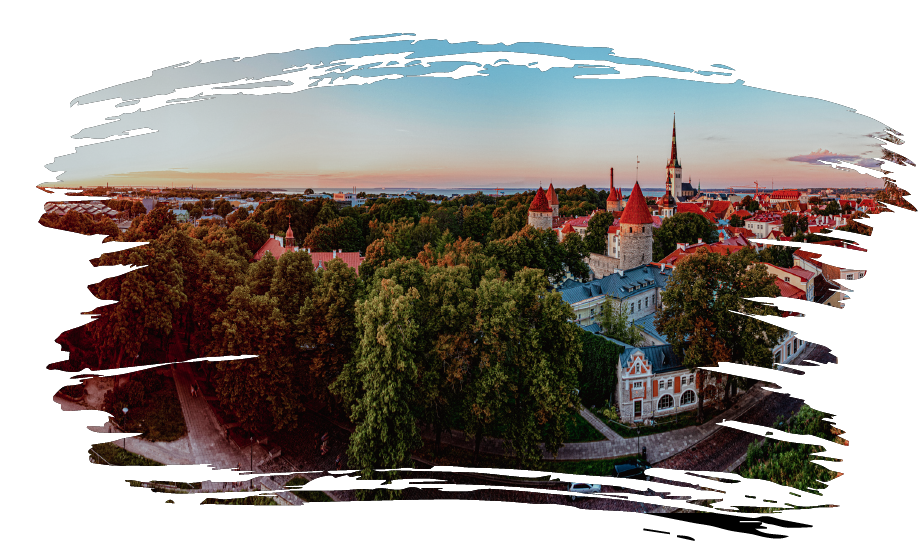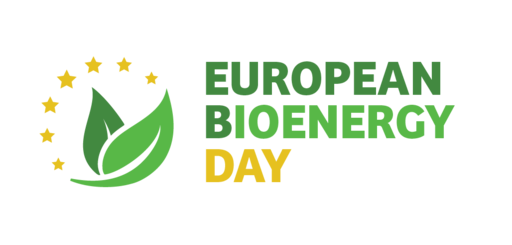
Most people know torrefaction today for its application in food processing industries. However, the process of torrefaction is also rising in rank in the energy sector, quickly becoming one of the most advanced options to efficiently substitute the burning of coal.
For this reason, Baltania OÜ, a fully owned Estonian subsidiary of the Dutch private equity investment firm Momentum Capital, decided to invest in a first industrial-scale torrefaction plant in Vägari, Estonia. Providing that all conditions of the investment decision are met, the construction of the unit will start in 2018.
Biomass torrefaction involves heating the biomass to temperatures between 250 and 300 degrees Celsius in a low-oxygen atmosphere. When biomass is heated at such temperatures, the moisture evaporates and various low-calorific components (volatiles) contained in the biomass are driven out. During this process, the hemi-cellulose in the biomass decomposes, which transforms the biomass from a fibrous, low-quality fuel into a product with excellent fuel characteristics. After torrefaction, the product is cooled down and pelletised, resulting in a black, torrefied pellets with a high calorific value—the perfect fuel to replace fossil coal in power stations. In fact, the energy density and grindability of torrefied pellets are closer to thermal steam coal and significantly higher than that of white wood pellets or wood chips. This is why torrefied pellets have been nicknamed “bio-coal”. The torrefaction process is not bound to woody biomass feedstocks alone, but may also include straw, coconut shells, cacao shells, Miscanthus, elephant grass, and even olive residues—opening the door for further innovations.
In this nascent market, Baltania OÜ announced its willingness to develop a first commercial plant in Estonia whose construction should begin in at the end of 2018. The investment of approximately EUR 45 million will be funded by Momentum Capital, together with other investors and financial institutions. The European Union has approved NER300 grant of EUR 25 million for the torrefaction project. The torrefaction project will be carried out in co-operation with the Estonian Ministry of the Environment. Baltania OÜ indicated its focus will be on production of 160.000 tonnes of torrefied bio-coal pellets per annum, and that its main customer base will consist of utility companies in the Nordic countries and central Europe currently running on fossil coal. Besides limiting boilers adaptations, according to Baltania, the biocoal pellets produced can be stored and handled using existing fossil coal infrastructure due to their hydrophobic nature.
About the campaign
The campaign is powered by Bioenergy Europe and relayed across Europe by both national and international partners supporting the belief that bioenergy is more than a renewable energy source, it is also a reliable path that will lead Europe to achieve its renewable energy transition in the shortest span of time.

